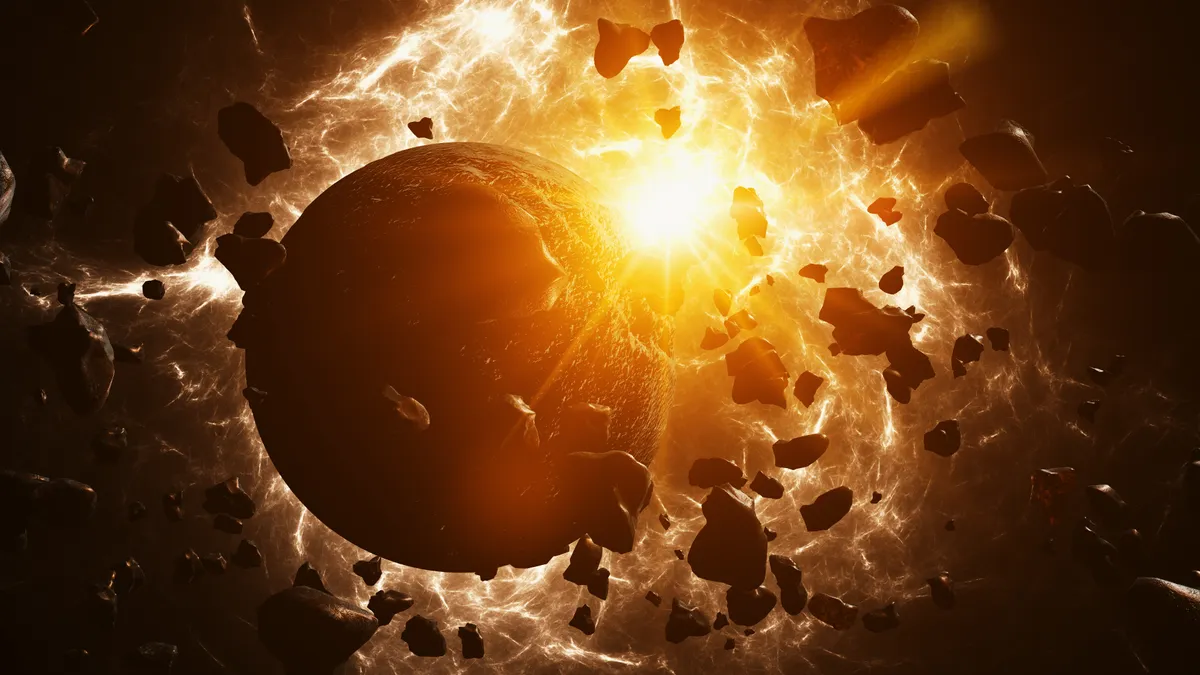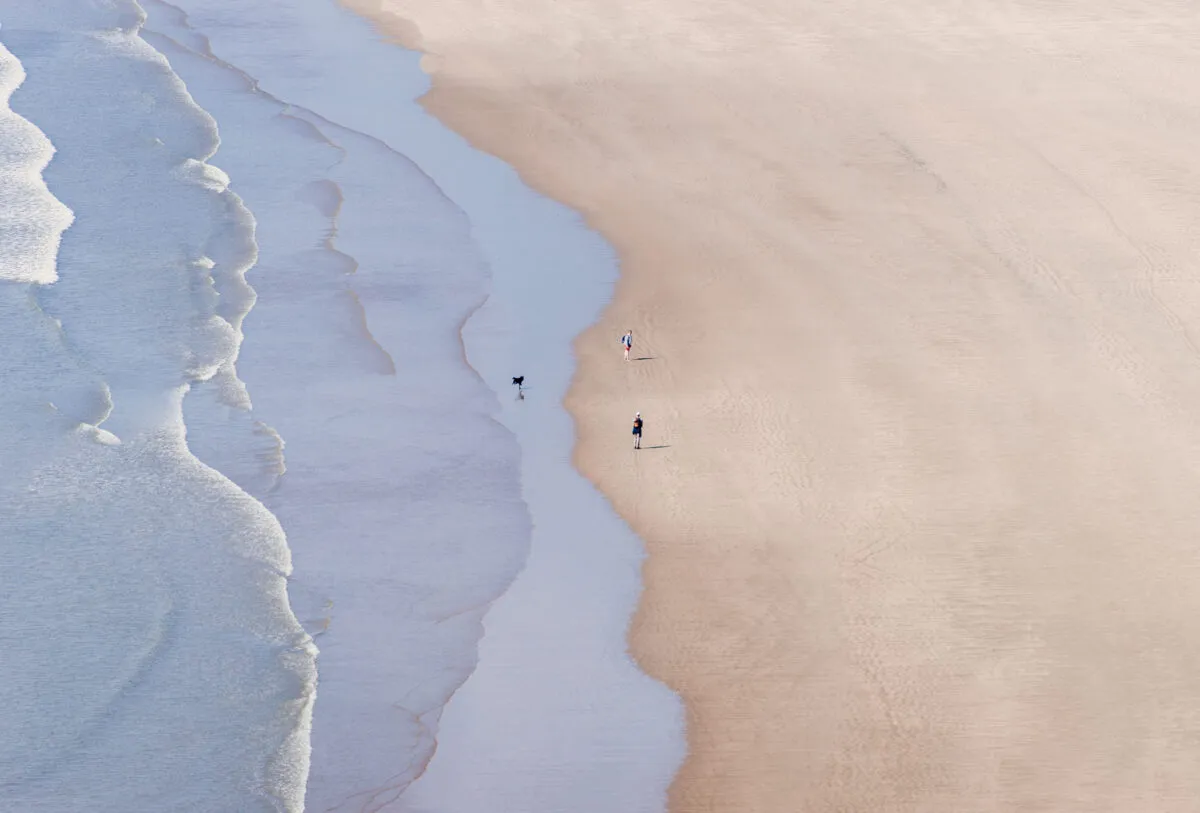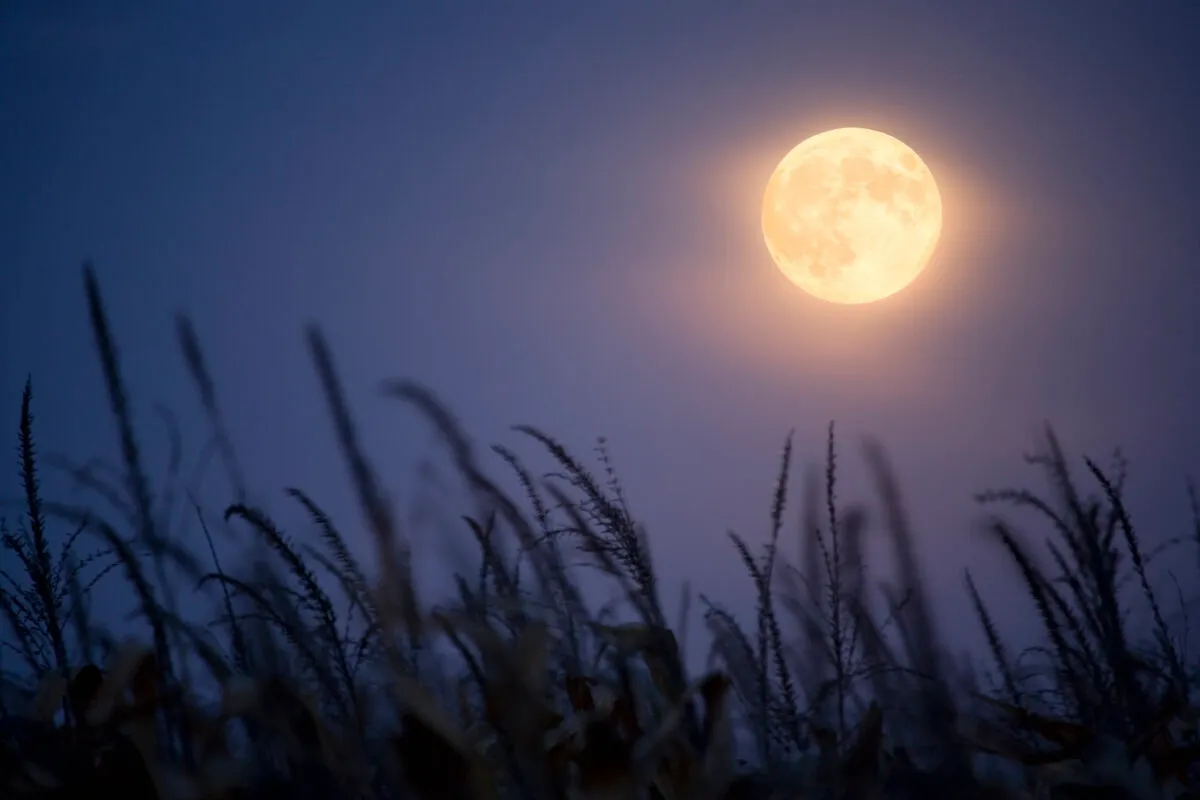"What would happen if the Moon exploded?" is just the sort of question you might ask a group of science buffs like the QI Elves.
This is just one of the questions answered by the Elves in their book Funny You Should Ask...Again, posing solutions to some of the questions about Earth, the Universe and everyday live that they most often get asked.
We took a look at one question that will appeal to BBC Sky at Night Magazine readers and astronomy fans...
SQUIRREL_13052577
What would happen to the planet if someone blew up the Moon?

If the Moon exploded during daytime, surfers would be the first people to notice.
The Earth’s tides are mostly caused by the gravitational pull of the Moon, and while the Sun also has a small effect, the surf would be a lot less ‘up’ if the Moon disappeared.
That’s bad news for surfers, but even worse for animals like crabs, mussels and starfish, which rely on the tides for survival.
You might be able to go without a crab sandwich or some moules marinière, but many other animals rely on this seafood.
The subsequent collapse of the tidal ecosystem would almost certainly lead to mass extinctions.

On land, much of the animal kingdom would also be in trouble, with many of them relying on the Moon for navigation or moonlight for hunting.
Owls and lions would struggle to survive, but rats – who hide during a full Moon so predators can’t see them – would likely proliferate.
The tides also drive ocean currents, which affect the planet’s weather. Without any warm water moving around the planet, certain areas would grow hotter, while others would turn much colder.
Extreme weather events would become more common than they are today.

Over the course of the next few millennia, things would get even worse. The Moon is a steadying influence on us, keeping our planet on a constant 23.5o tilt as it travels around the Sun.
Without it, we would wobble. We’d lose our seasons and some parts of the world would have near-constant summer, while others would find themselves in centuries-long ice ages.
Finally, one bit of good news. The drag of the Moon on our oceans currently slows down the Earth’s rotation by a tiny amount, so that a day gets around 2 milliseconds longer every century.
A day lasted only 22 hours when the dinosaurs roamed the Earth. So, 4 million years after losing the Moon, we wouldn’t need leap years any more, which can only be a boon for the calendar-makers of the future.
For the rest of us, though, the Moon disappearing would be terrible news. It’s vital for our existence.
So vital, in fact, that a large moon is one of the main things that astronomers look for when they’re trying to find a planet that might be able to host complex life forms.
Funny You Should Ask...Again is written by the QI Elves and published by Faber.
